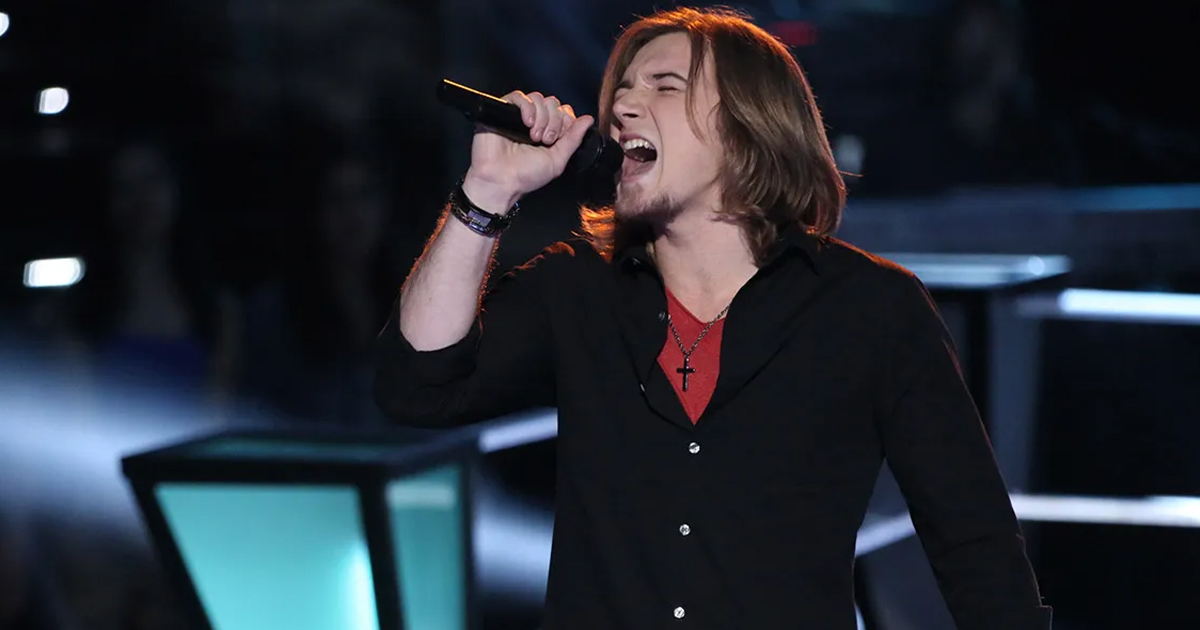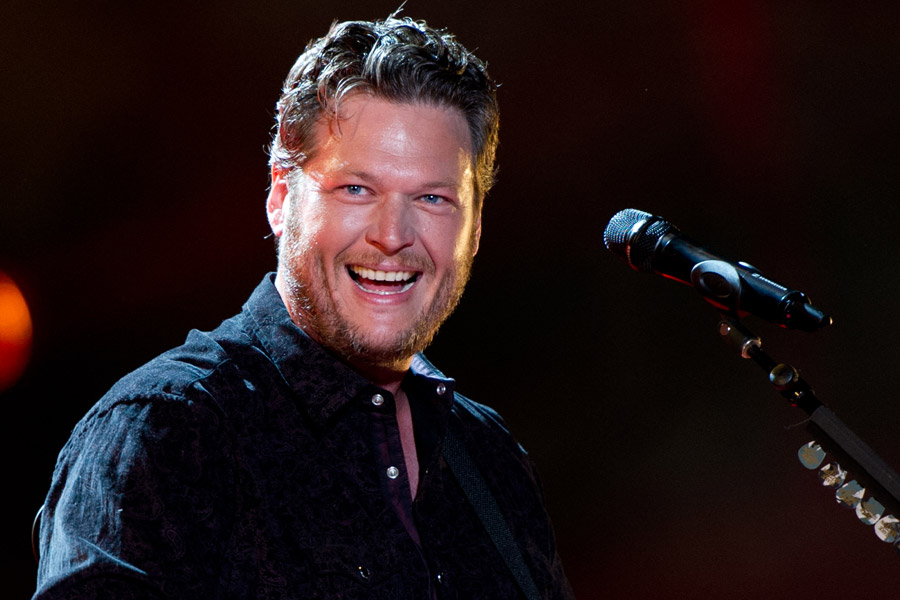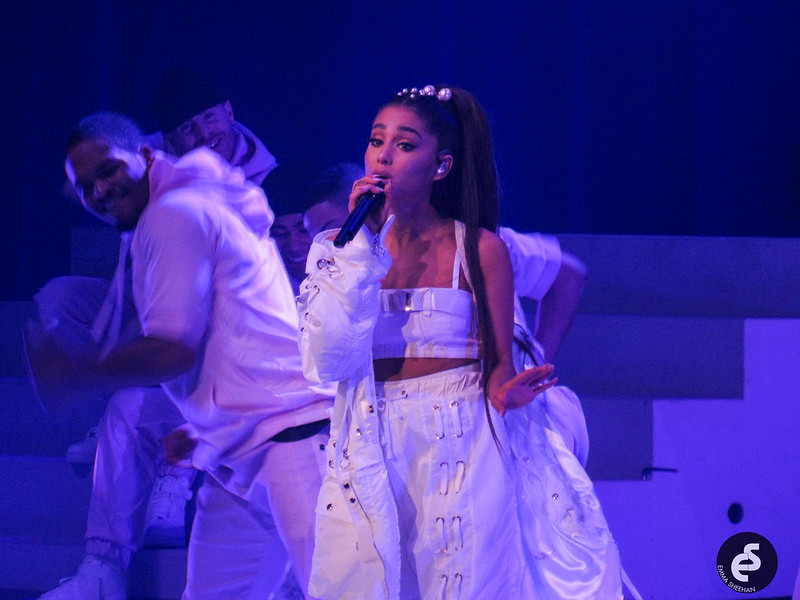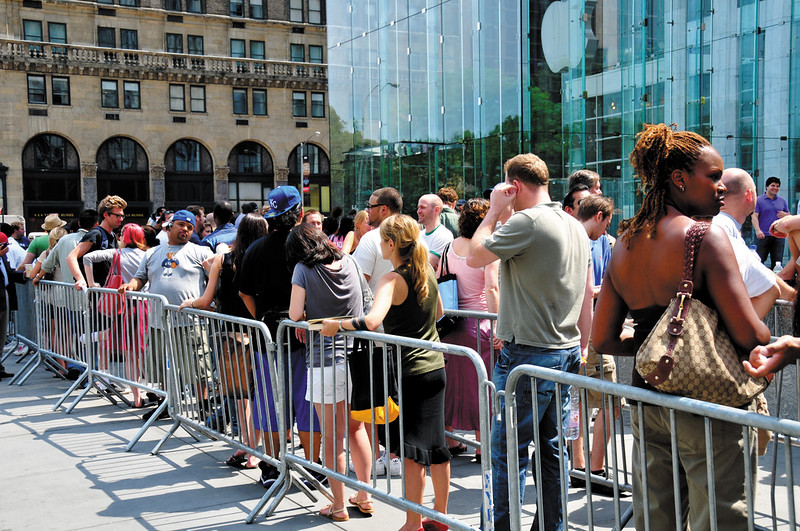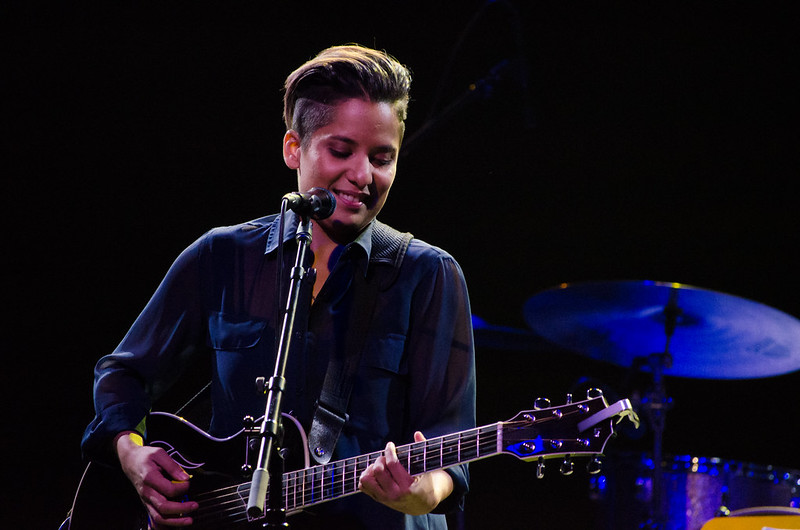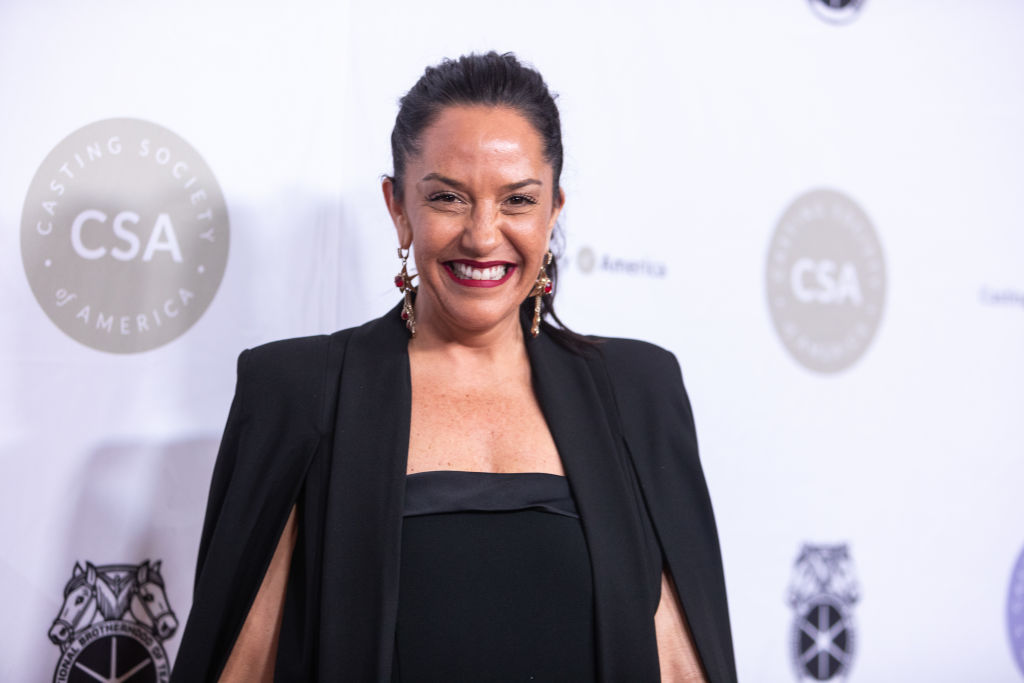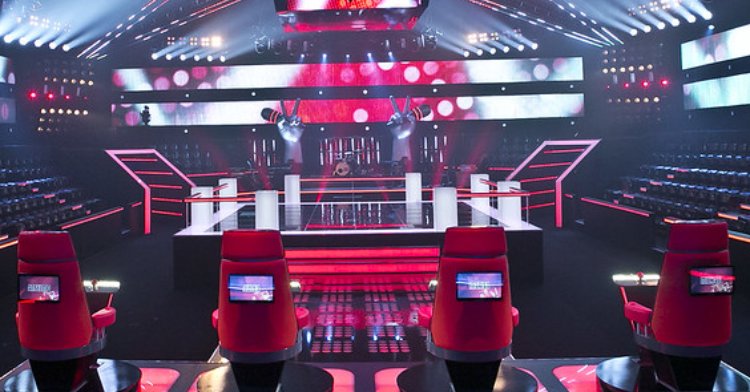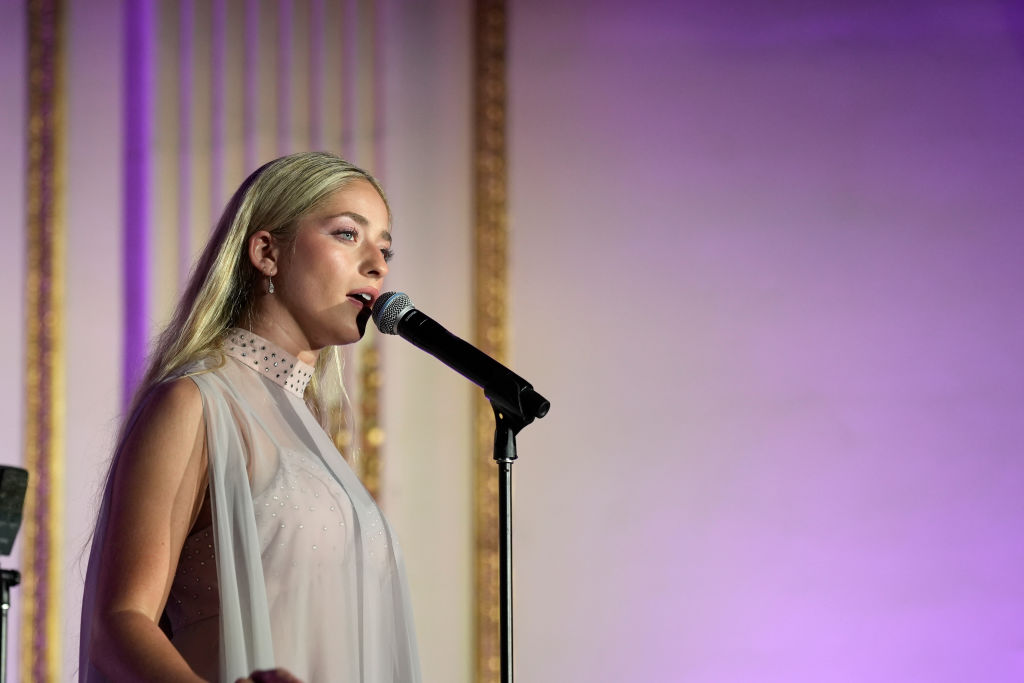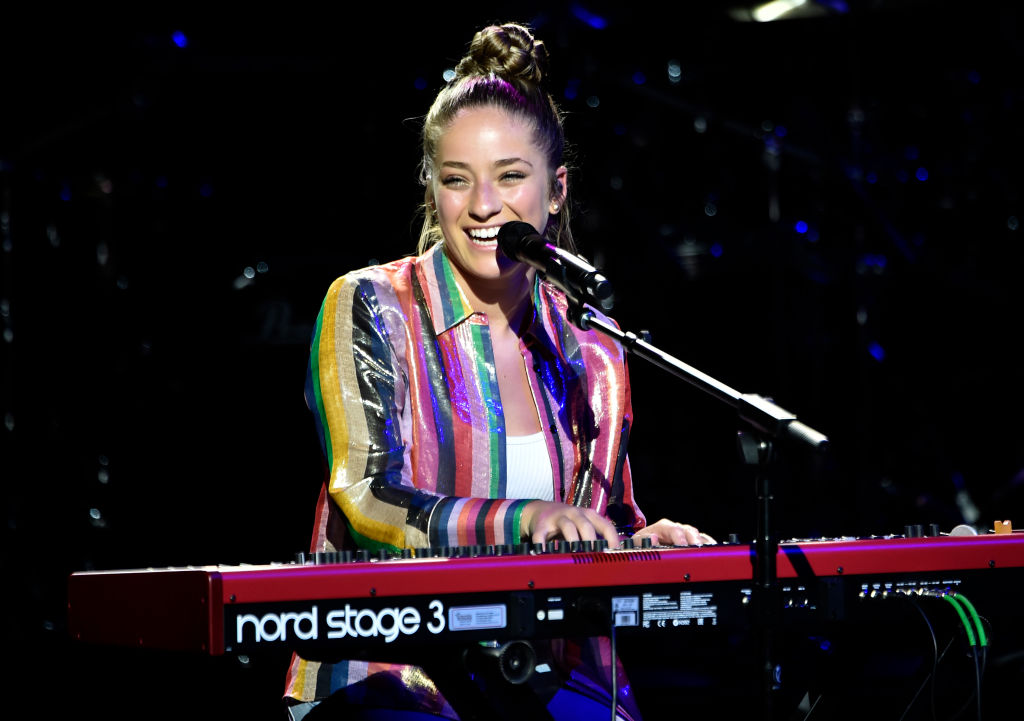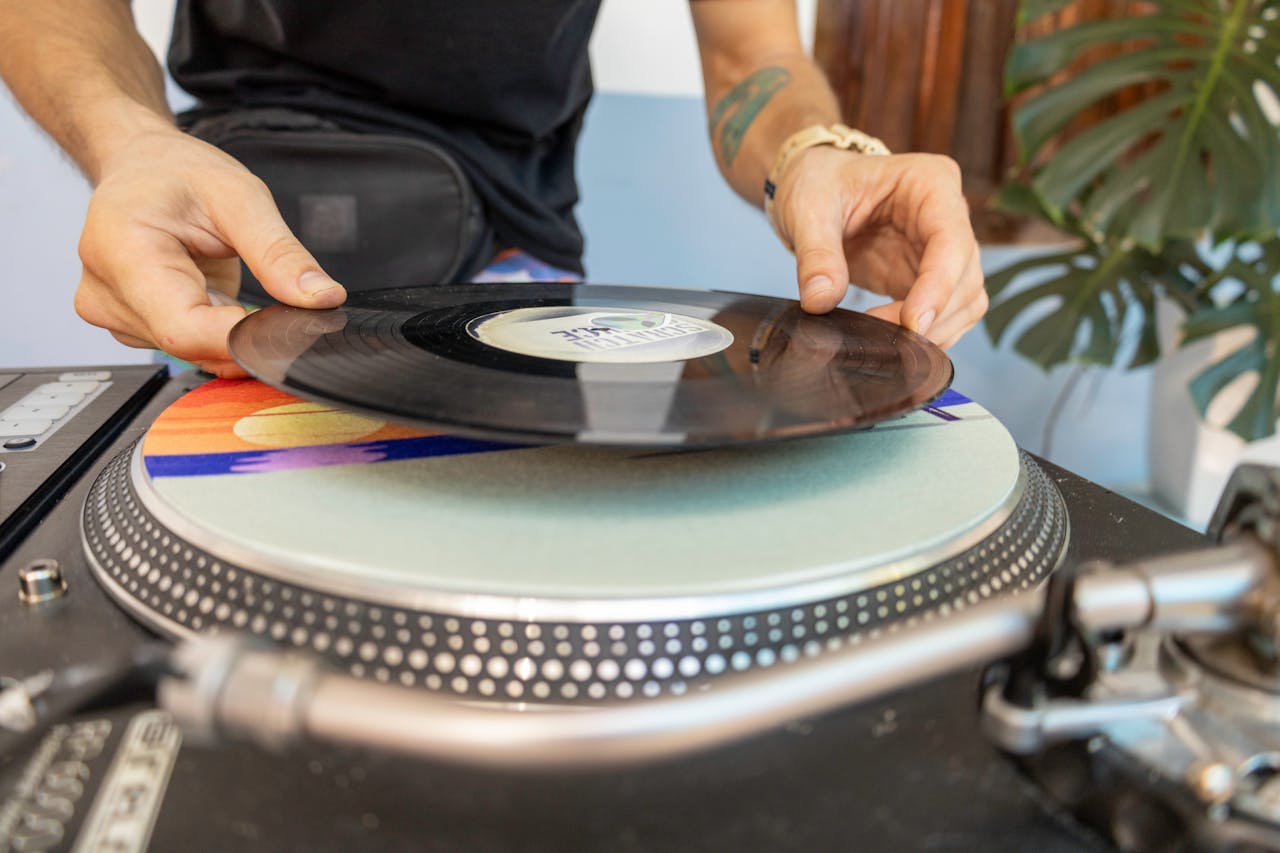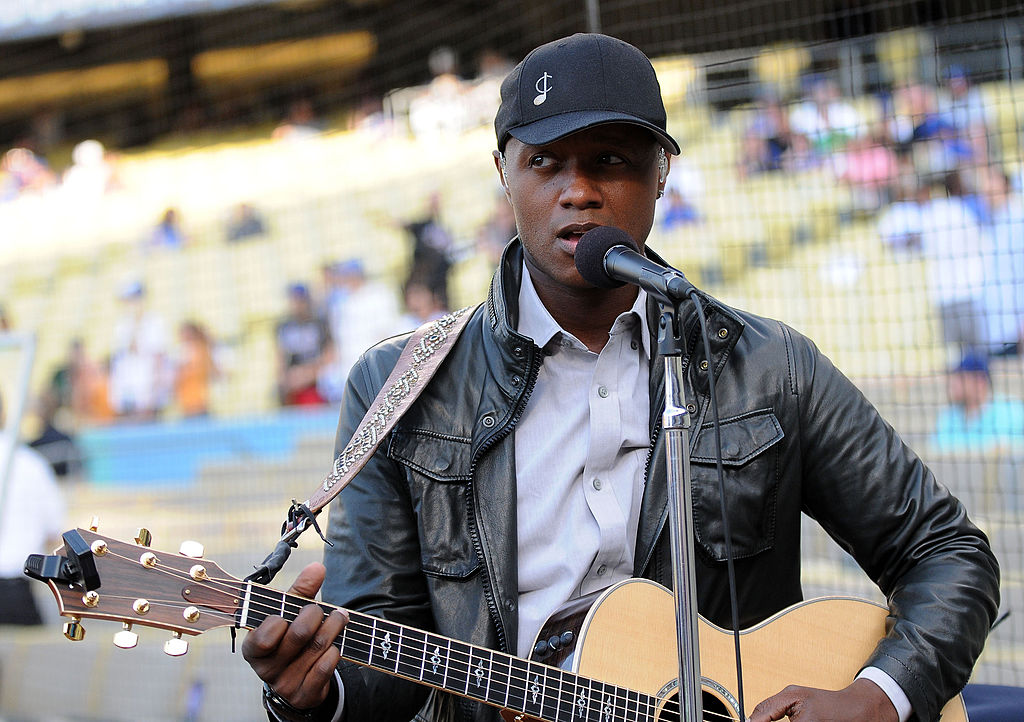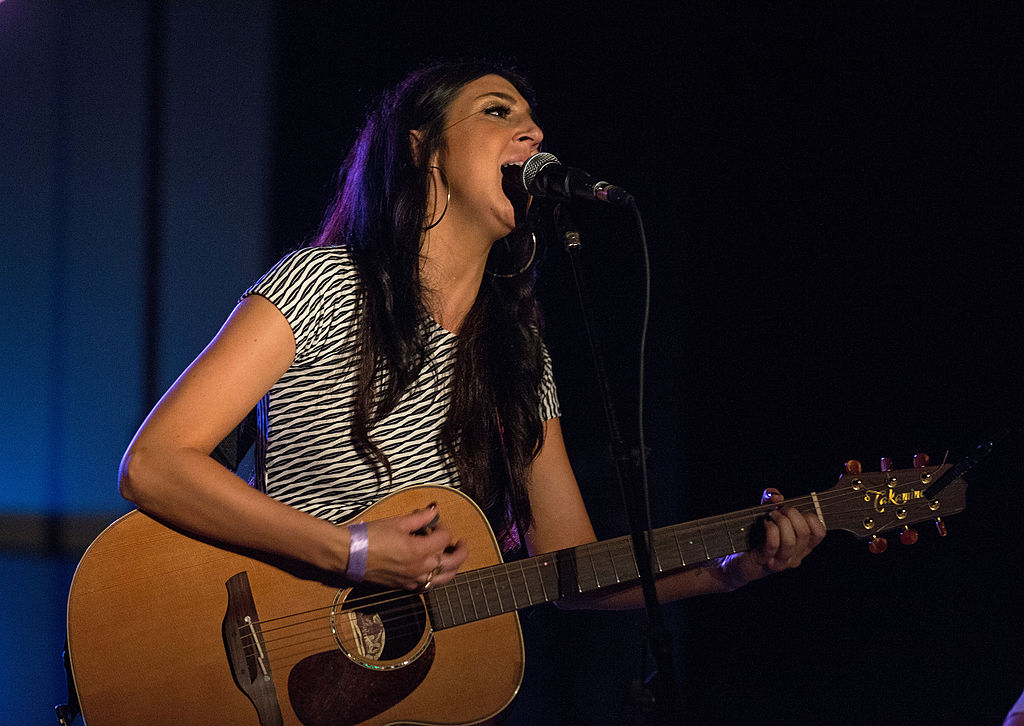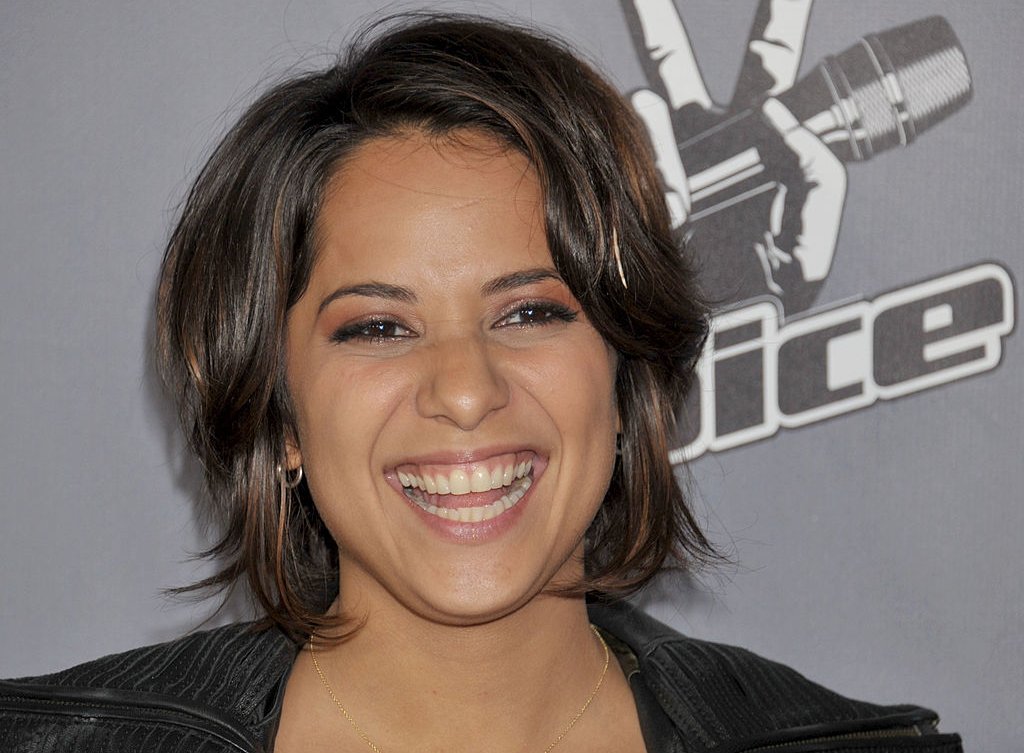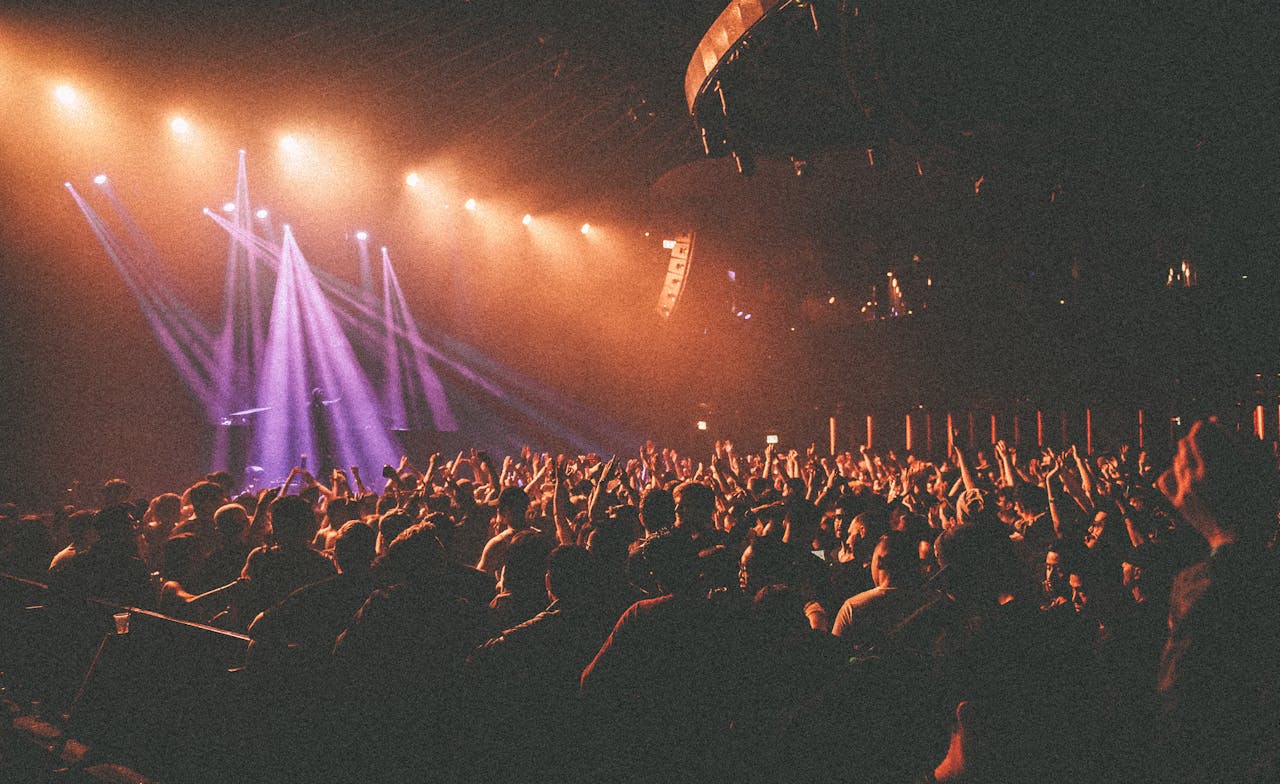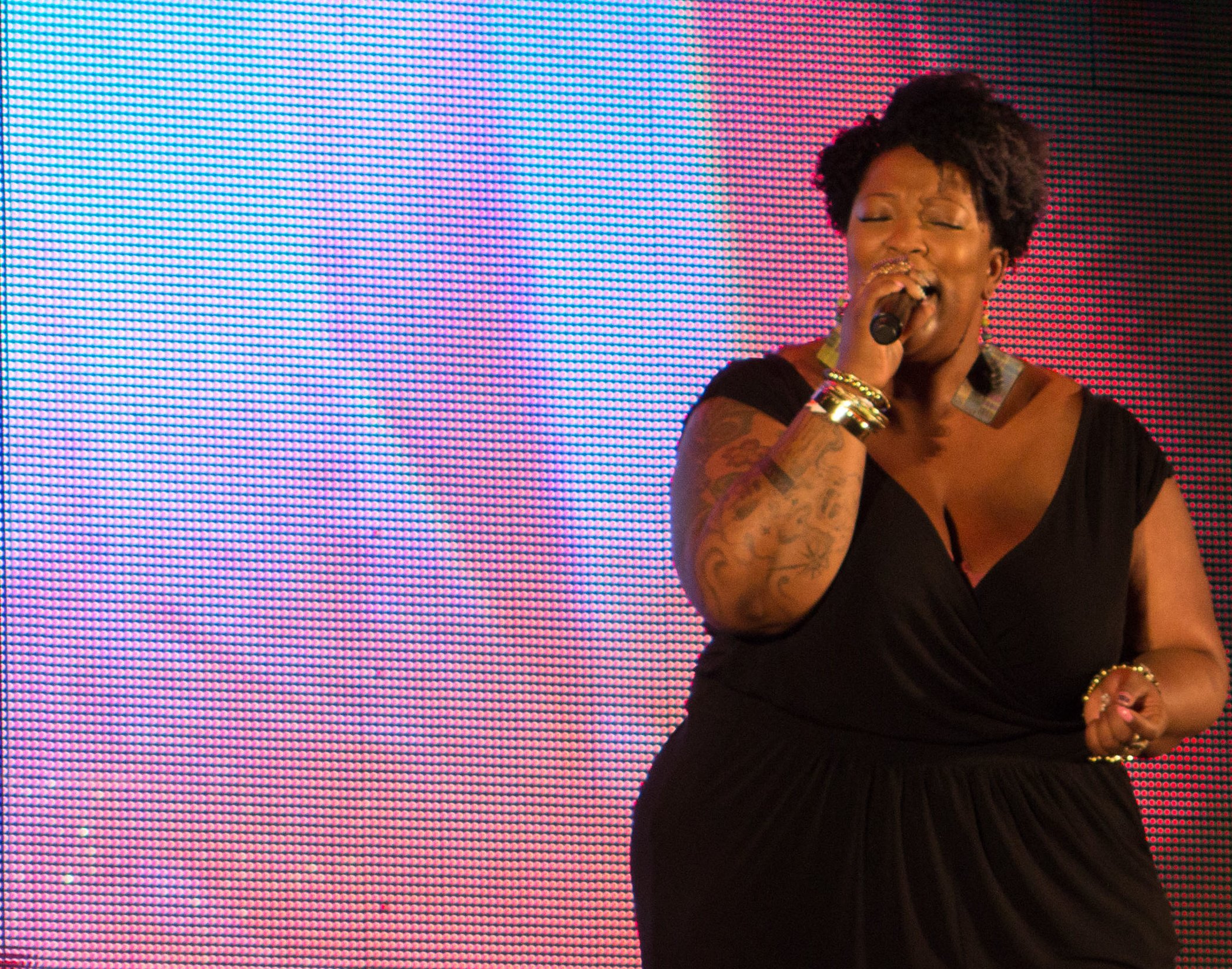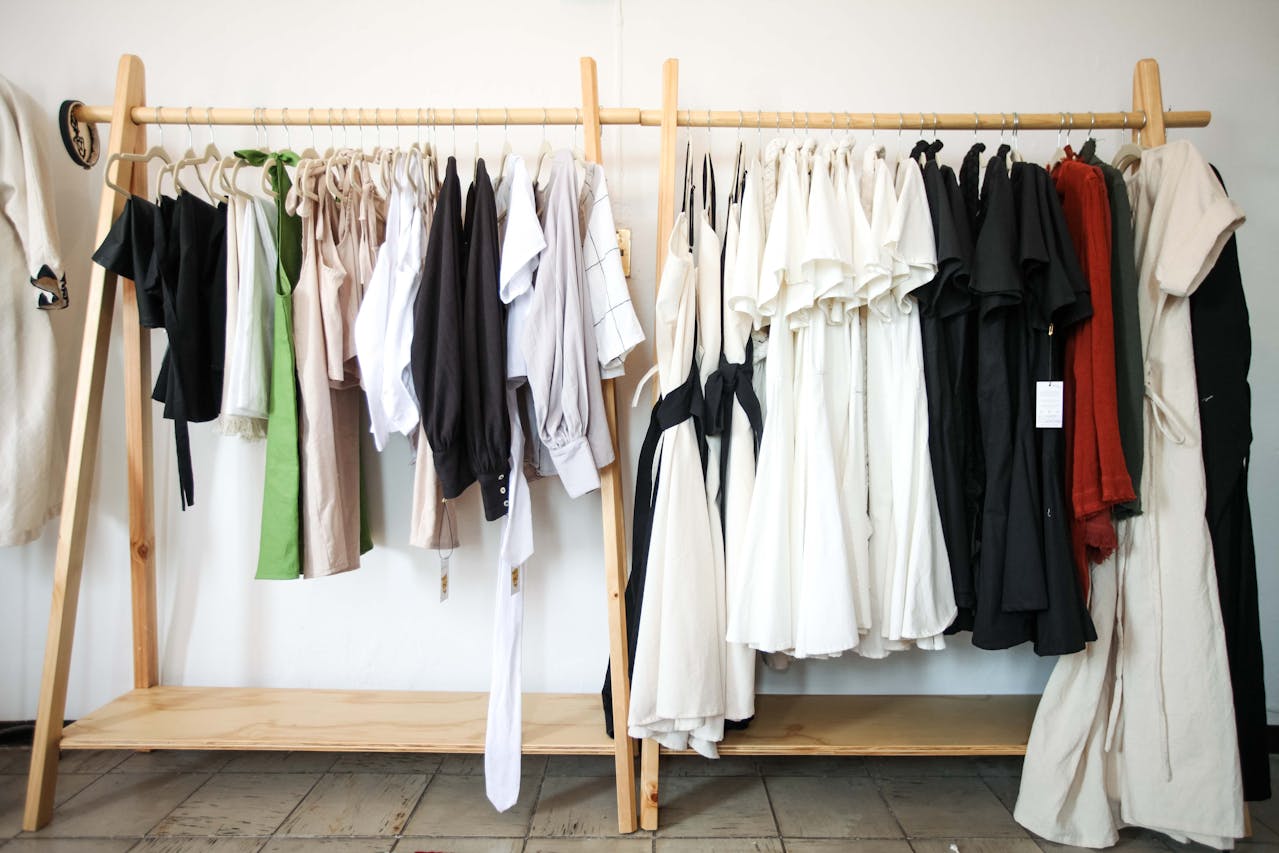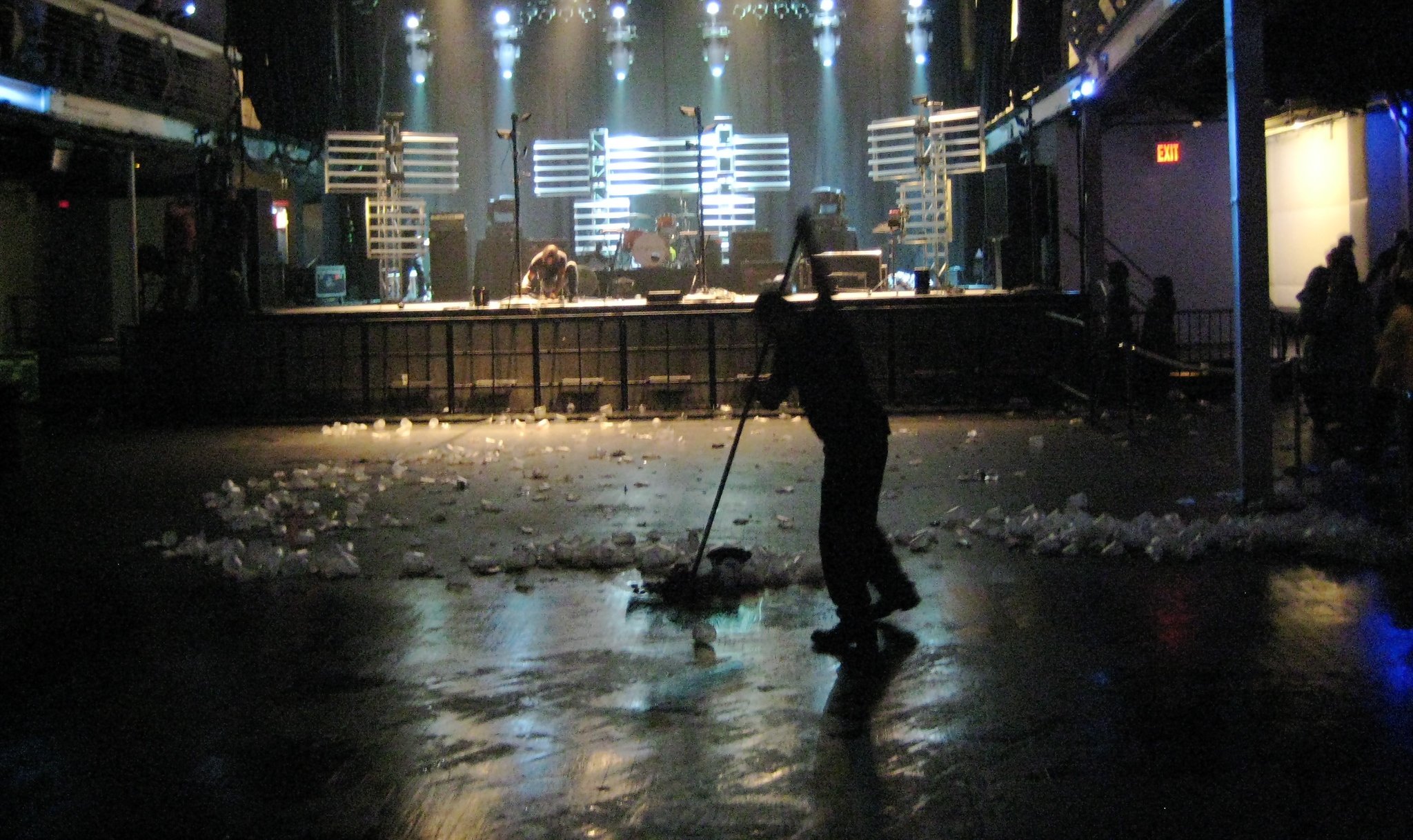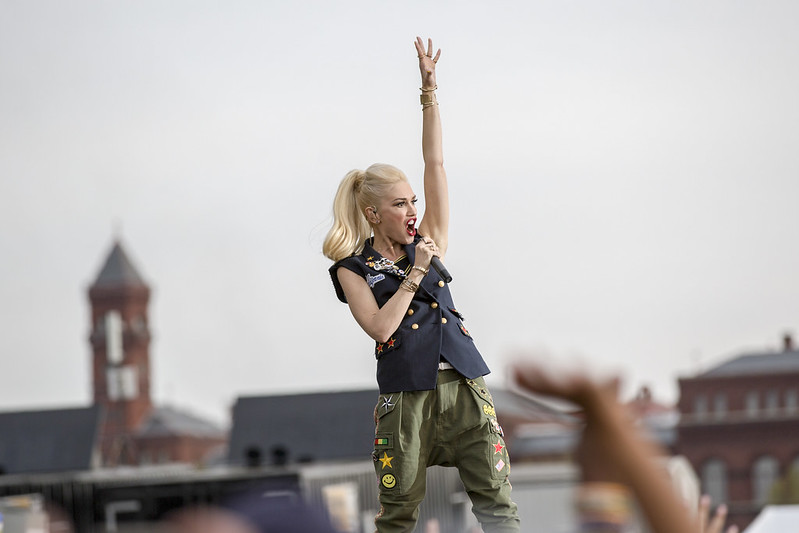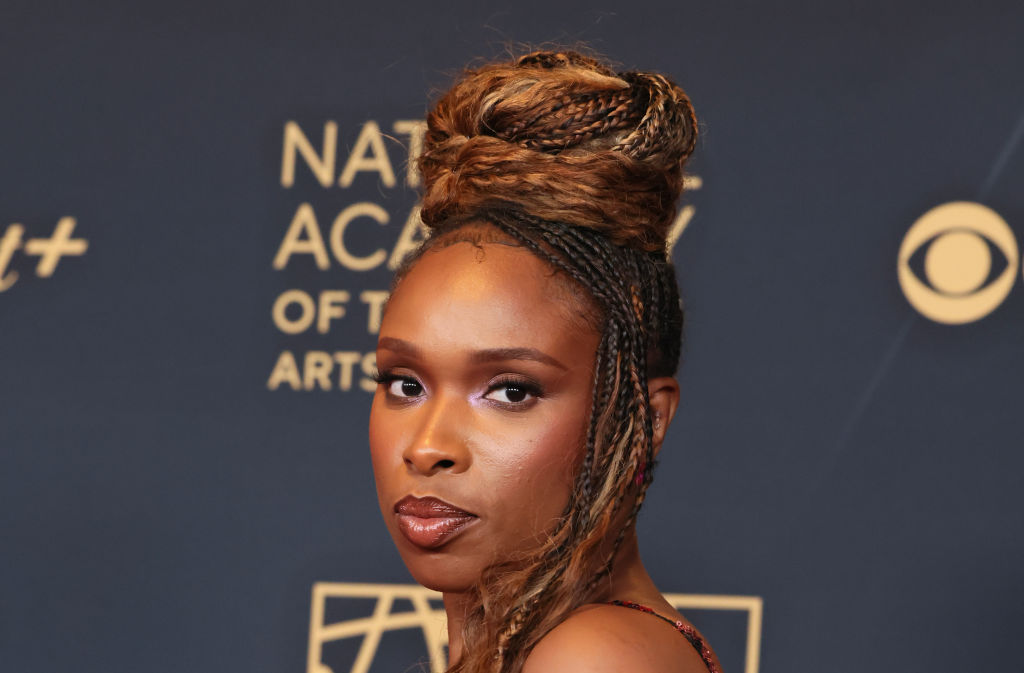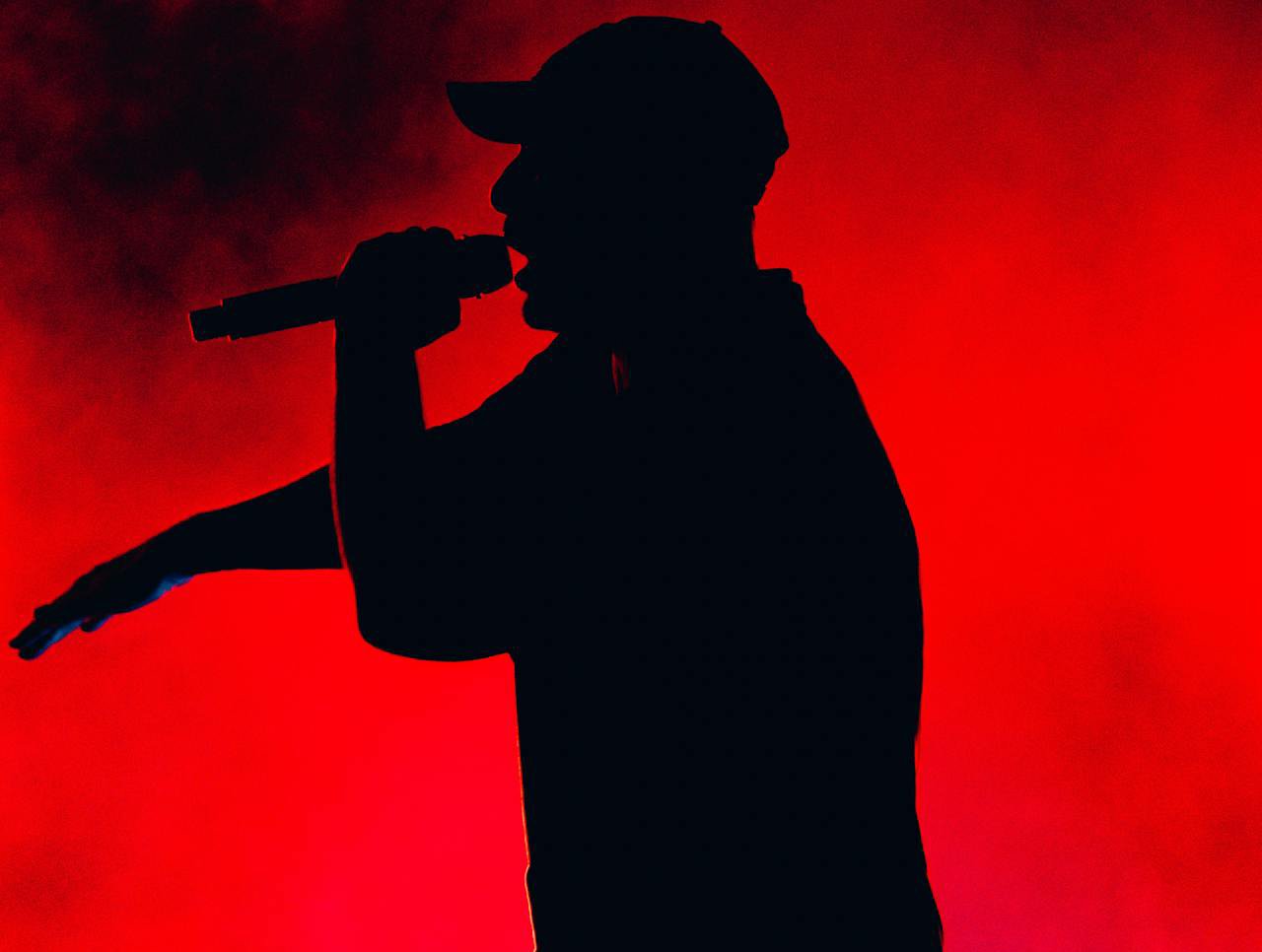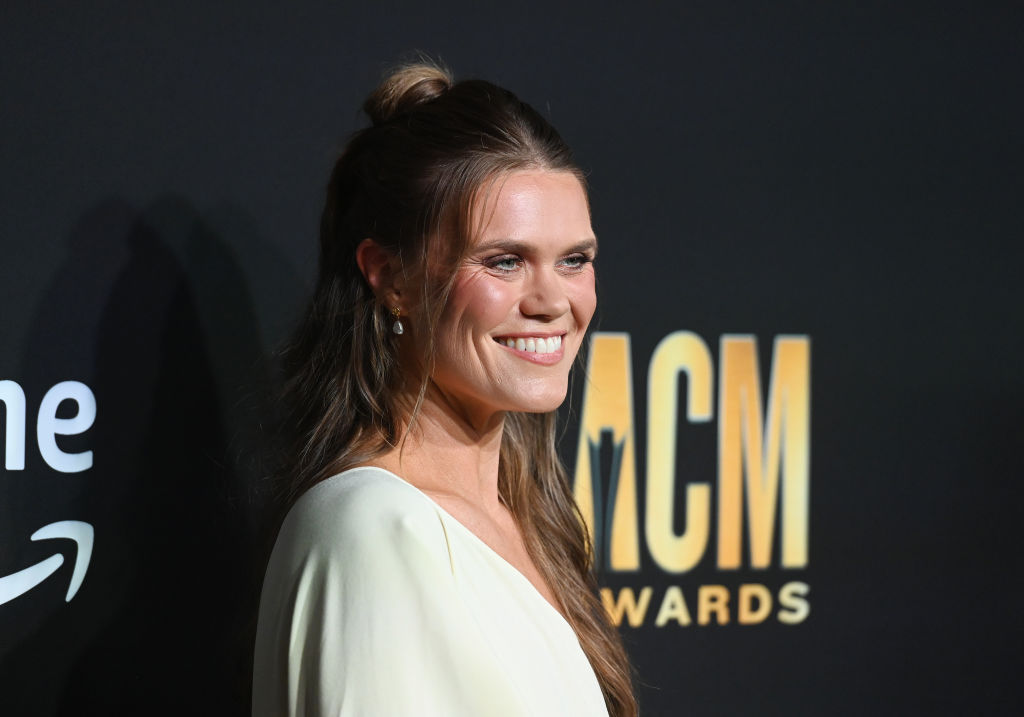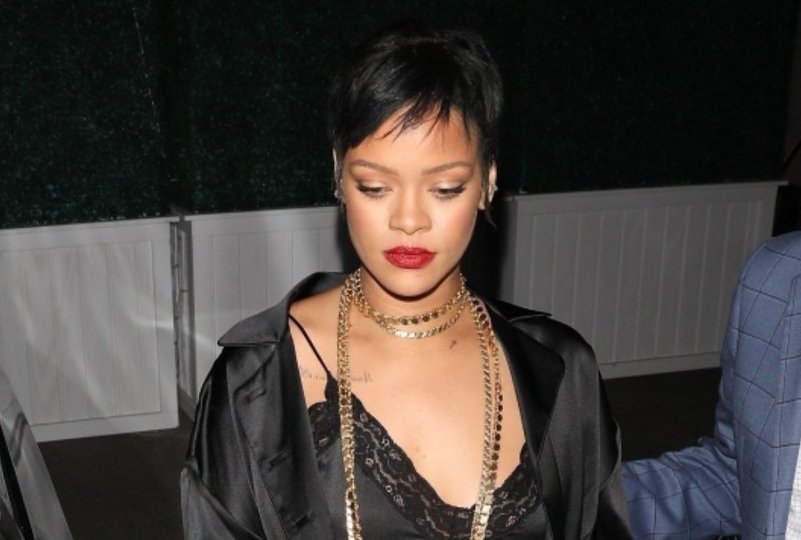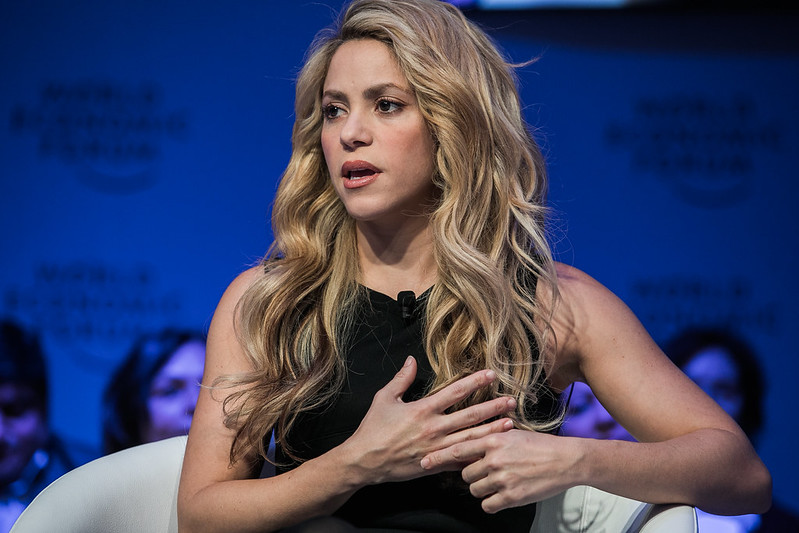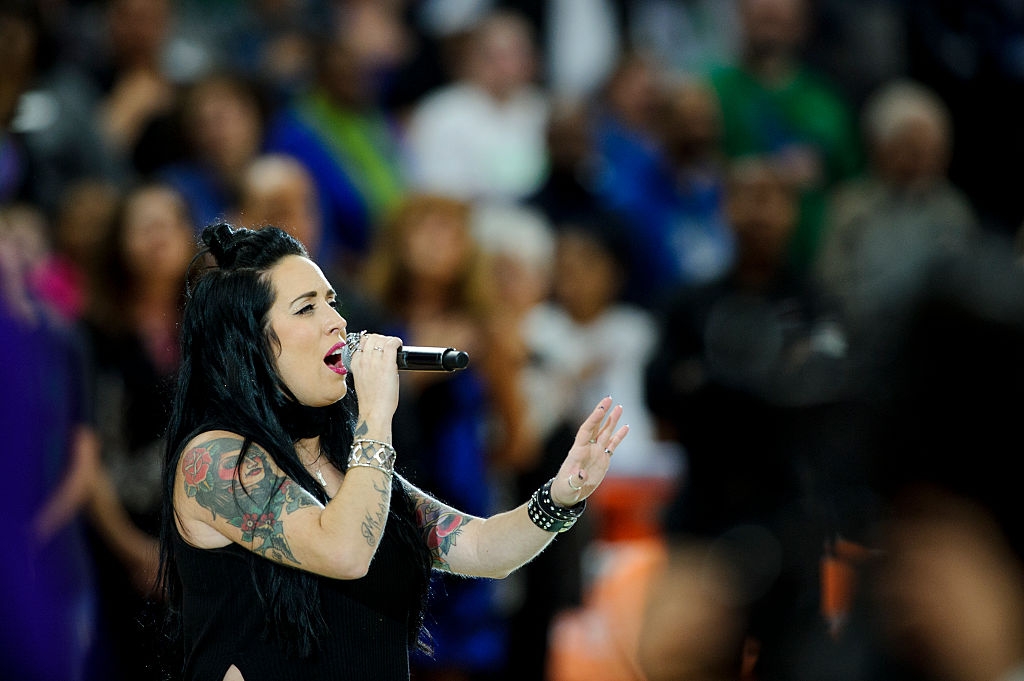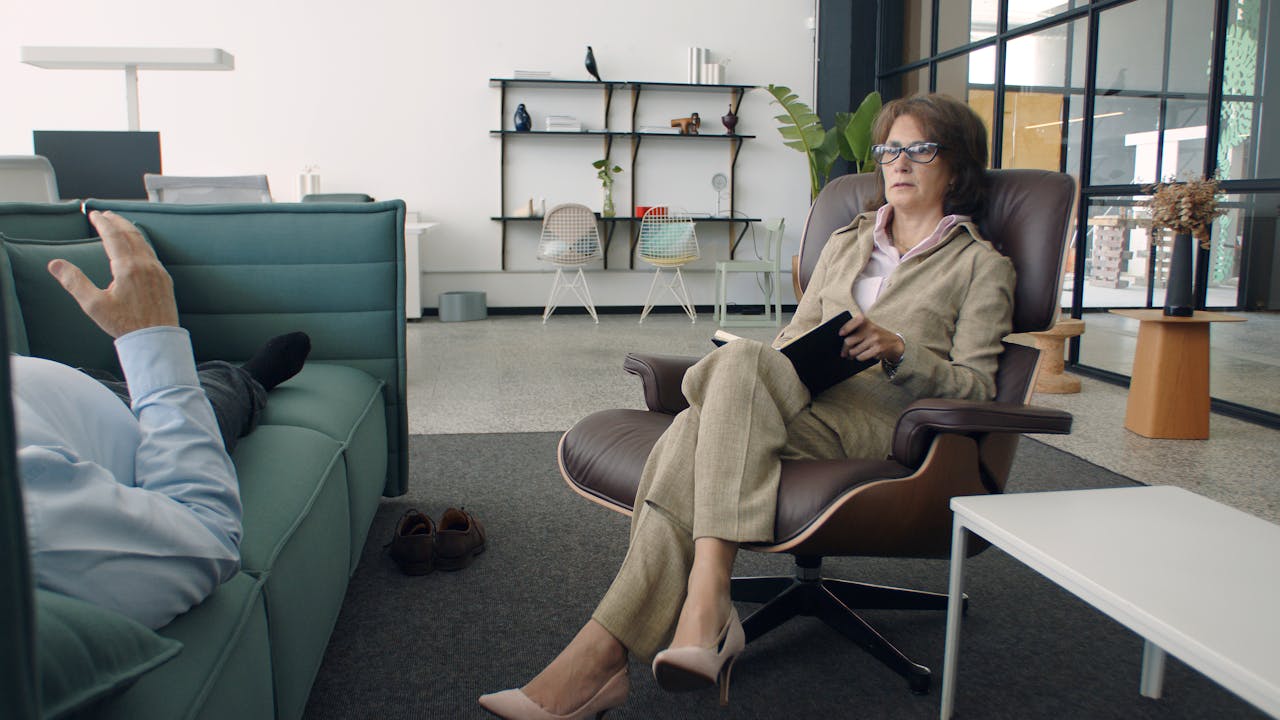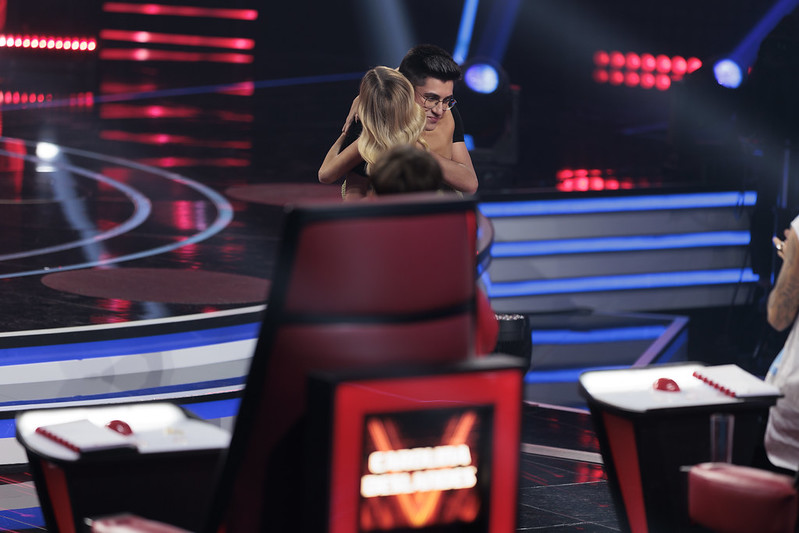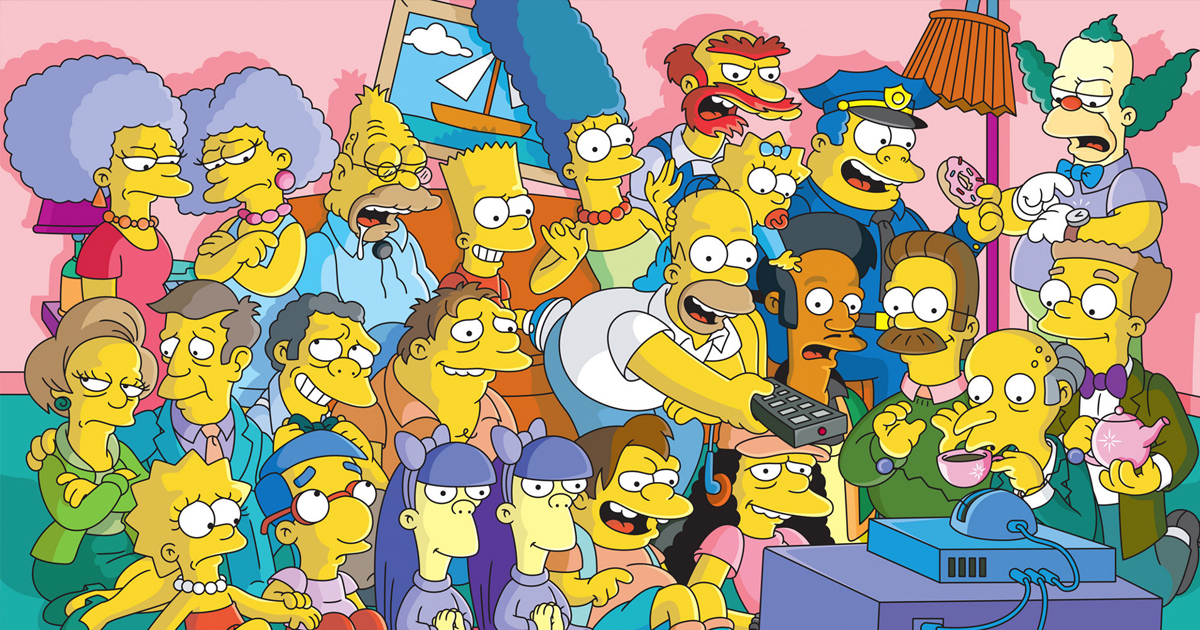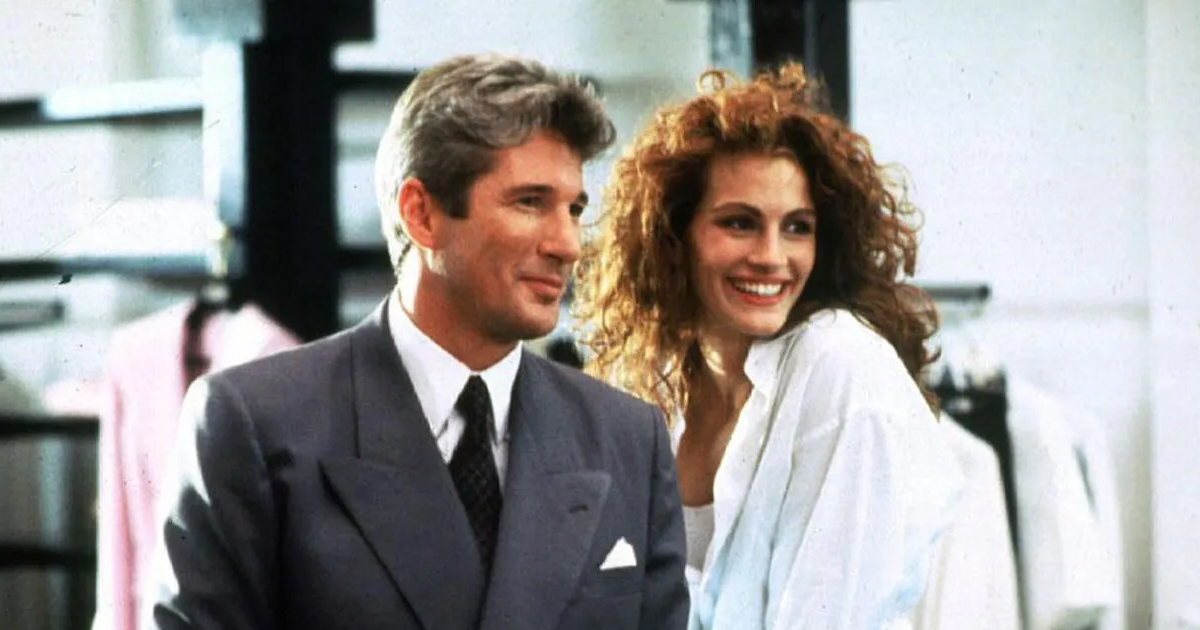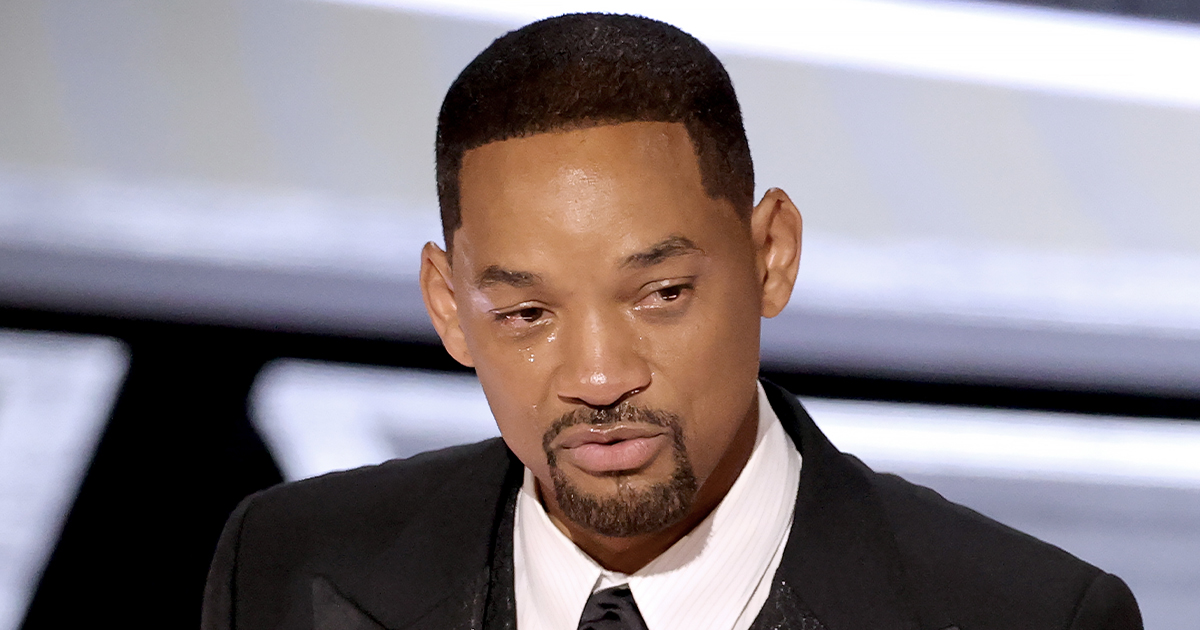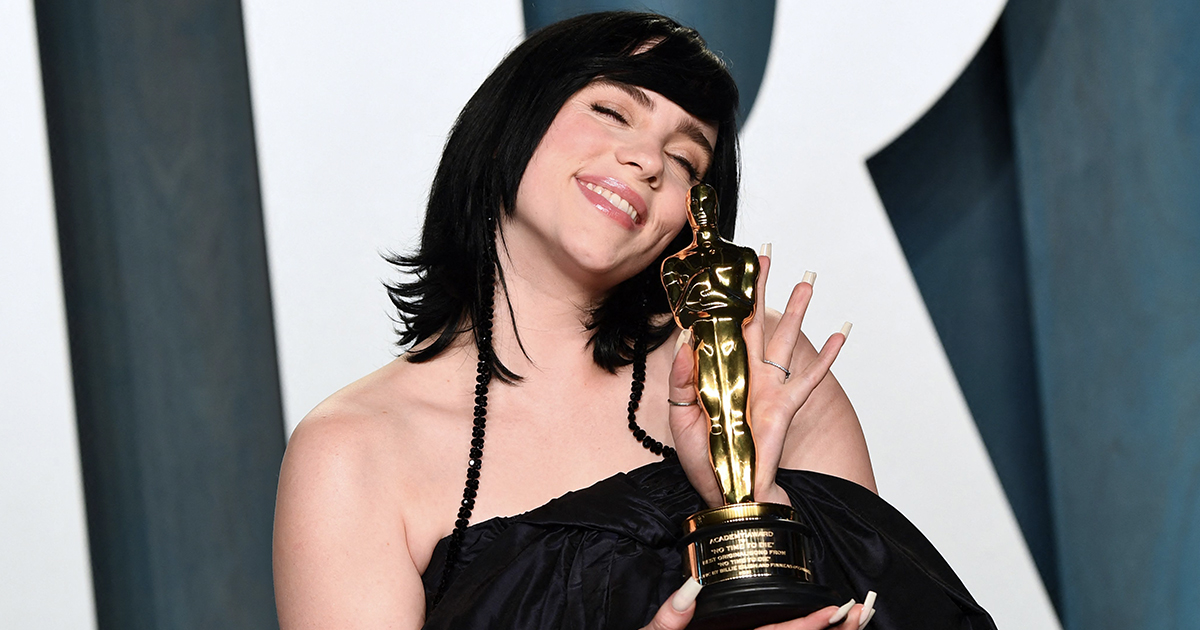Gettin’ The Goods On The Voice
You hear the incredible tunes belted out. You see the drama unfold before your eyes. You make your choices and hope they align with the judges’. But do you know some of the secrets behind the award-winning spectacle The Voice?
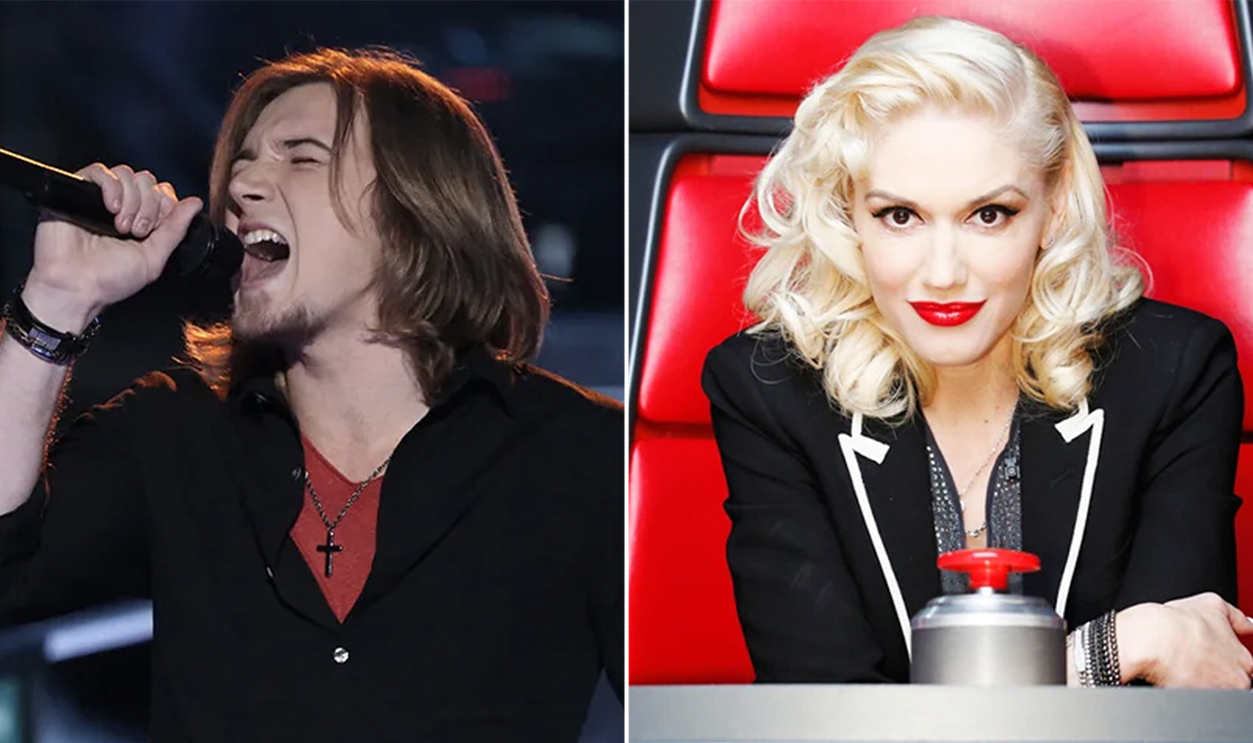
Longest-Lasting Judge
Although the judging panel on The Voice has changed throughout its 21 seasons, there is one whose name will long be associated with the show. The artist to be awarded the longest-lasting coaching award is country singer Blake Shelton.
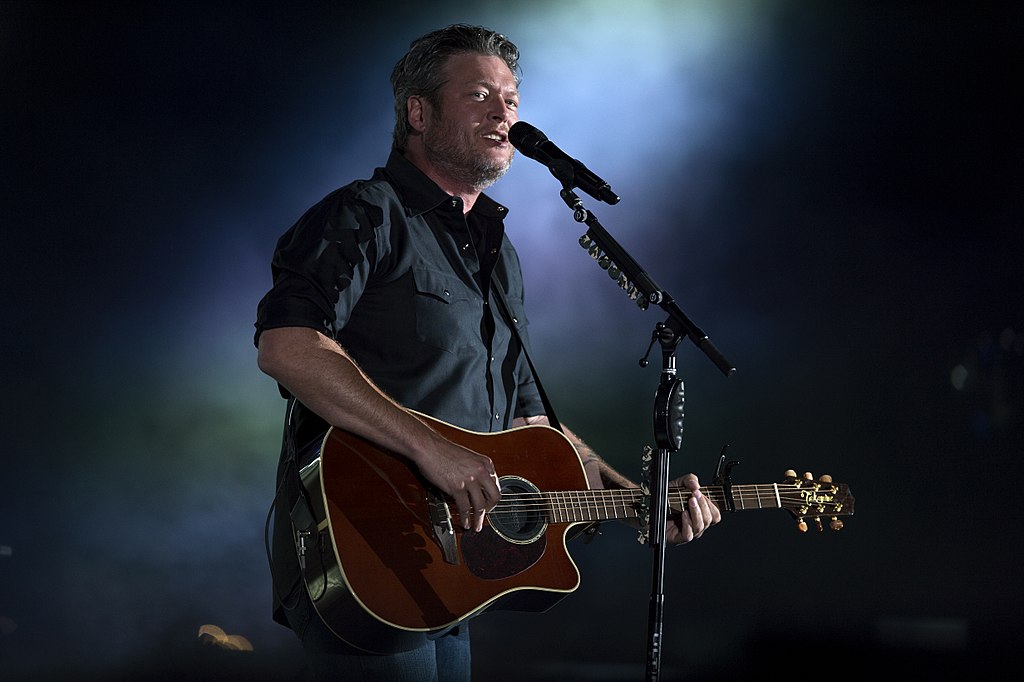 DoD News, CC BY 2.0, Wikimedia Commons
DoD News, CC BY 2.0, Wikimedia Commons
Other Coaches
Other coaches you may recognize include Kelly Clarkson and John Legend. Along with Shelton, the original judges included Adam Levine, Christina Aguilera, and CeeLo Green. There is a reason that the judging panel feels like a revolving door.
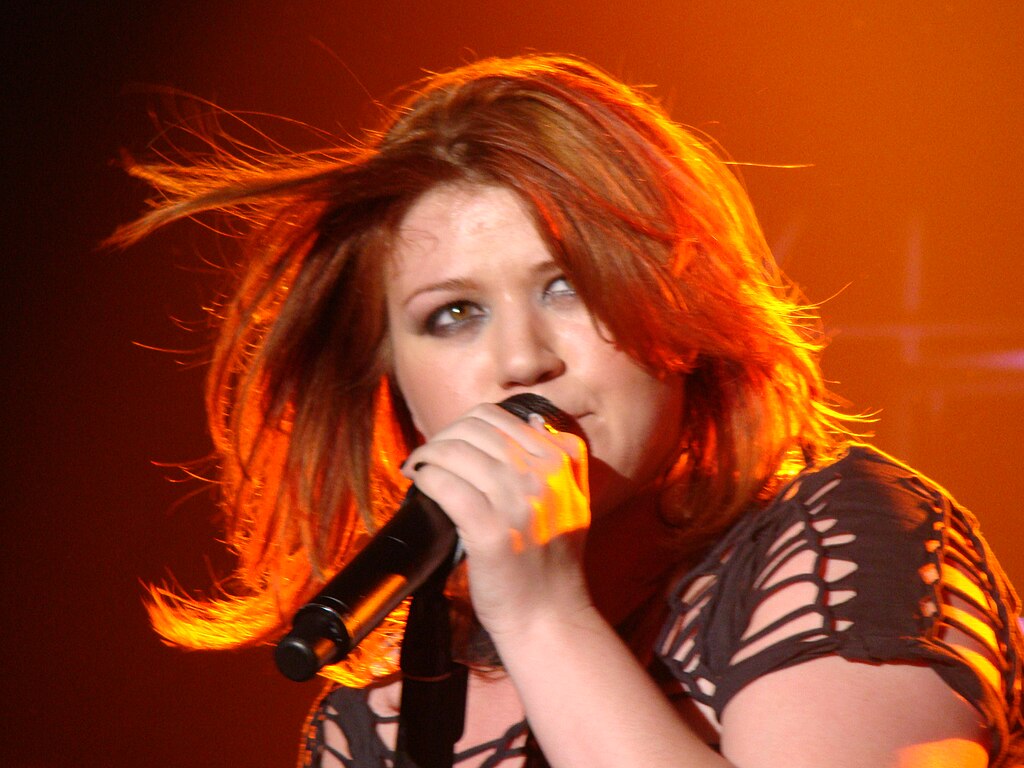 vagueonthehow, CC BY 2.0, Wikimedia Commons
vagueonthehow, CC BY 2.0, Wikimedia Commons
New Judges = Lower Budget
There are constantly new and different judges on The Voice. The reason behind this decision involves money. Costs are kept lower when new judges—with lower pay—are introduced.
Blake’s Paycheck
The budget can quickly get out of hand when a star is paid major money to host the show. Sources claim Blake Shelton brought in over $21 million a season.
New Hosts = Higher Ratings
Producers bank success on ratings. They expect that new, popular hosts will bring them a greater number of viewers. Except, sometimes they don’t. Ariana Grande was cut after her appearances in the 21st season. OK Magazine reported that she made between $20 to $25 million for 26 episodes.
What Singers Make
Participants aren’t paid. Contestants are fed and housed in a Los Angeles hotel for the duration of their on-air run. But monetarily, they make nothing.
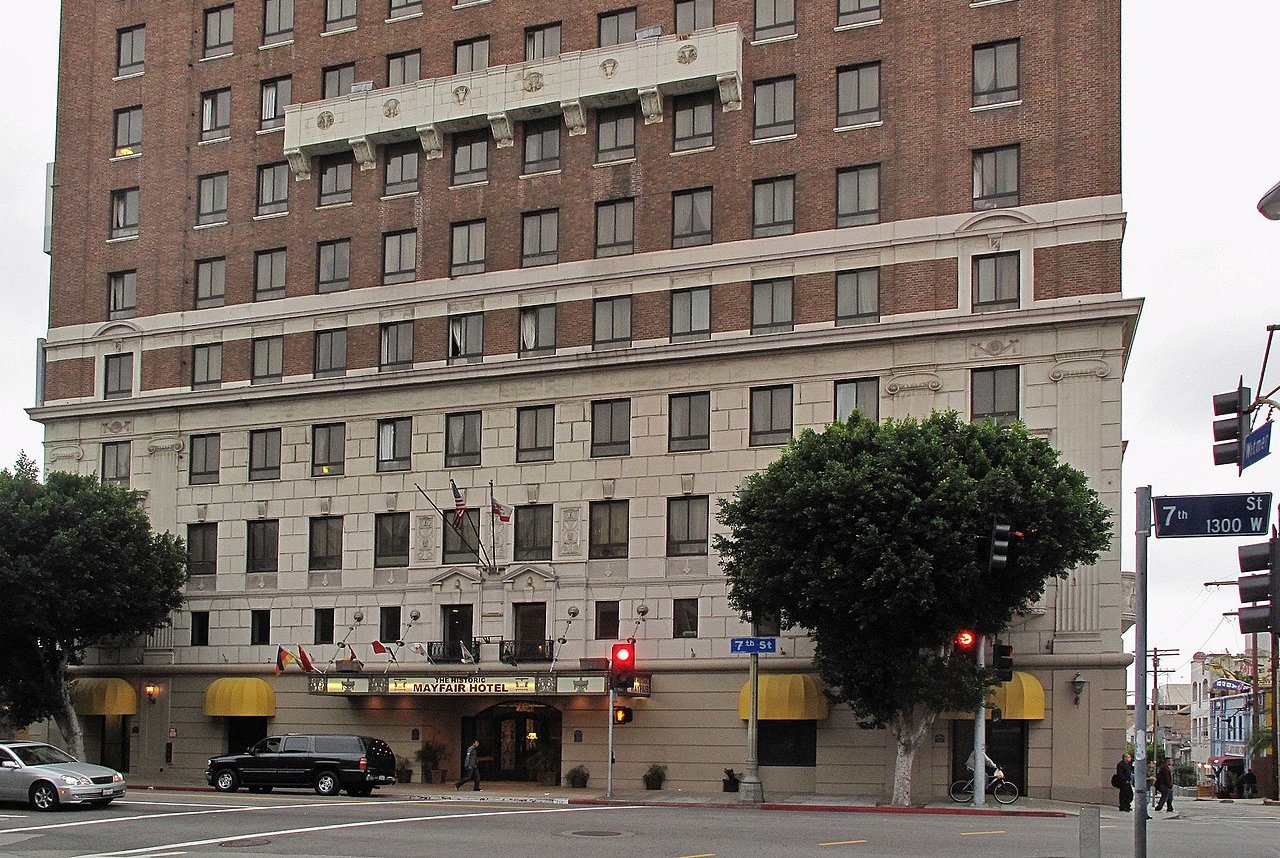 Downtowngal, CC BY-SA 3.0, Wikimedia Commons
Downtowngal, CC BY-SA 3.0, Wikimedia Commons
How Singers Are Chosen
Anyone can audition. The Voice has an “open casting call” that attracts tens of thousands of applicants a year. Every person gets one minute and 30 seconds in which to introduce themselves and sing part of their song. There is another way contestants can become part of the process.
Occasional Recruitment
Sometimes singers will be approached and enlisted. In the very first season, Vicci Martinez was “’persistently’” chased.
Virtual Auditions
Believe it or not, tryouts for The Voice don’t even take place in person. Casting director Michelle McNulty explains that this makes it easier—and cheaper—for candidates. “Now, people can actually just do this from the comfort of their home”.
Unlimited Attempts
Participants who don’t make the cut can try, try again. There is no max on the number of times someone can audition.
Minimum Age
Wanna sing your heart out on The Voice? You need to be at least 13 years old. The youngest winner ever was barely older than that.
Youngest Victor
The youngest winner ever was Brynn Cartelli in Season 14. She celebrated her 15th birthday on set.
Coach Availability
Contestants can text or call their mentors pretty much 24/7. Both Blake Shelton and Adam Levine were quick to respond to their mentees. Whenever runner-up from Season 1, Dia Frampton, was nervous or worried, she would send a message to Shelton. He “always texted her back”.
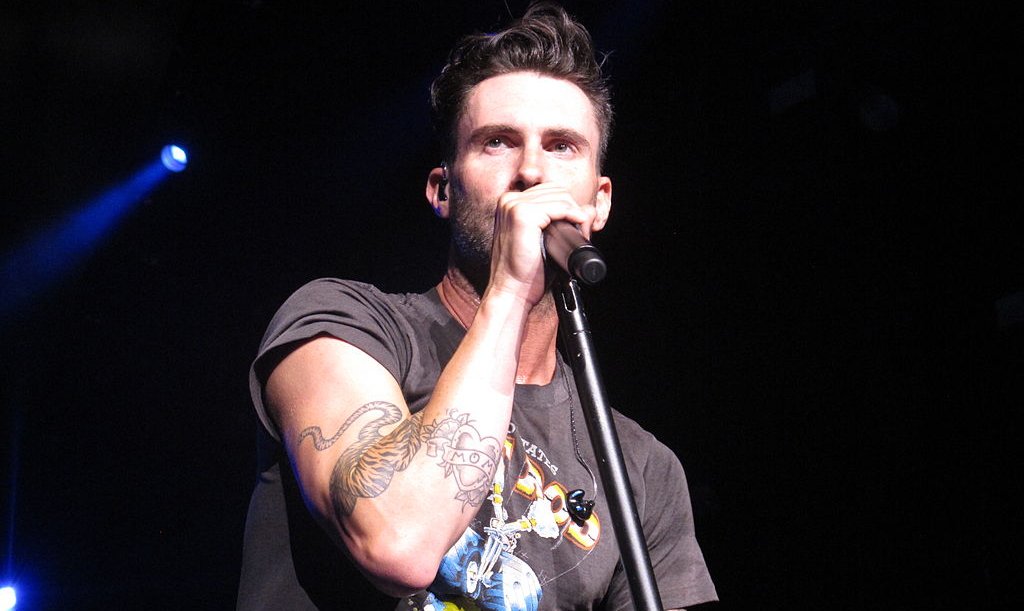 karina3094, CC BY-SA 2.0, Wikimedia Commons
karina3094, CC BY-SA 2.0, Wikimedia Commons
Substantial Prizes
Not only does the winner of The Voice get $100,000 but they also obtain a record contract. This is huge. And yet, there was one winner who refused to accept his prize.
The Champ Gives It Up
After a year with Universal Republic Records, the victor of Season 1 refused to continue with the prize’s record deal. The details aren’t fully known, but Javier Colon claimed it was due to fraught relations.
Intensive Training
Training schedules are rigorous: “The Voice is your life 24/7 until you get eliminated or win”. It’s impossible to keep up with even a part-time job. “’I couldn’t really work. No one can work,’’ clarified Season 2 contestant Charlotte Sometimes. Relationships have been destroyed.
Forget Having A Fiancé
Vicci Martinez, who came in third place in the first season, ended an engagement. “We had to break up because of [The Voice]. I had just bought a house in my hometown [Tacoma, Washington], and I actually just ended up giving the house away and staying in LA.” Along with painstaking vocal instruction, the singers are also trained for other, extraordinary circumstances.
Don’t Puke Training
Being on stage in front of celebrity judges and an audience can be nerve-wracking. Competitors go through rigorous training so that they know what to do if they faint or feel sick while singing. They also get lessons on “reacting to failure or success, social media training, and even interview prep”. This huge bonus isn’t offered by most other reality shows.
Who Chooses The Songs
The Voice picks which songs will be sung, and by whom. “It’s always hysterical when the judges say, ‘I don’t think that was a good song choice for you,’ and I’m thinking, You picked that song,” declared Season 1 contestant Frenchie Davis.
Who Chooses Clothing
After the blind auditions, singers hit the wardrobe jackpot. Before they’re chosen by a judge, they wear their own clothing. Afterward, the show shops for them.
Food Pros
The Voice knows that competing is hard work, and it provides an incredible spread. The catering is superb—and they also hand out a stipend so contestants can use it at restaurants of their choice. There’s even a Starbucks on set with snacks. There’s only one downside to the menu.
 University of Exeter, CC BY 2.0, Wikimedia Commons
University of Exeter, CC BY 2.0, Wikimedia Commons
Food Con
The one food con is weight gain. In Season 2, the once-homeless Jesse Campbell gained some pounds. “’It was basically like being an adult without having to be one….I ate really well,’” she said.
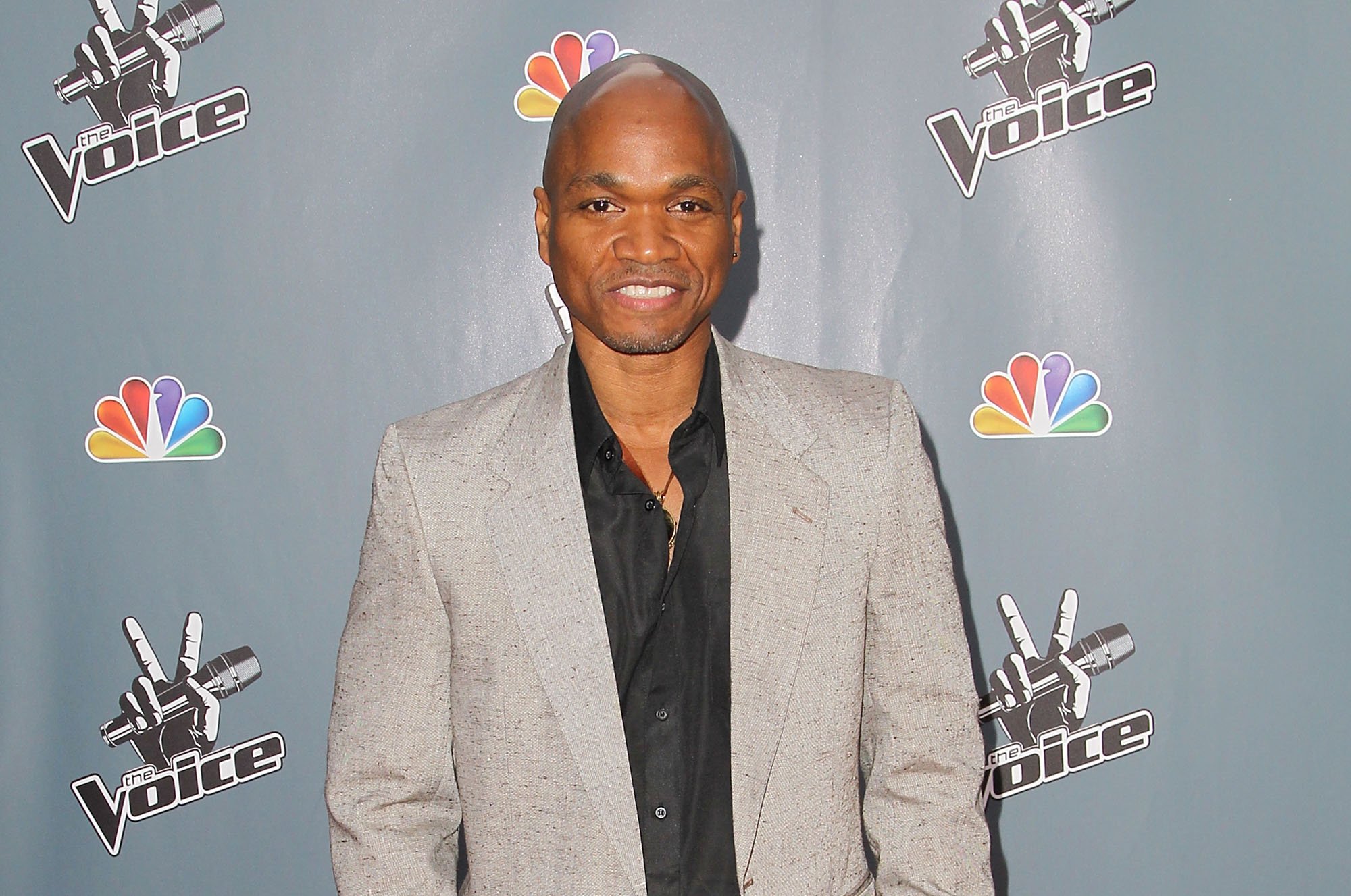 Jonathan Leibson, Getty Images
Jonathan Leibson, Getty Images
Super Clean Stage
Between filming, a major cleaning is done on the stage. “They even wipe up any fingerprints that could be left on the floor”.
There Is No “Whoosh”
During episodes, the red chairs turn with a loud “whoosh” sound. This is added post-filming. Unfortunately, there is no dramatic sound. The sound adds excitement. But there is a very logical rationale behind the decision to add the “whoosh” in post-production rather than while the singers are performing—it would be a massive distraction.
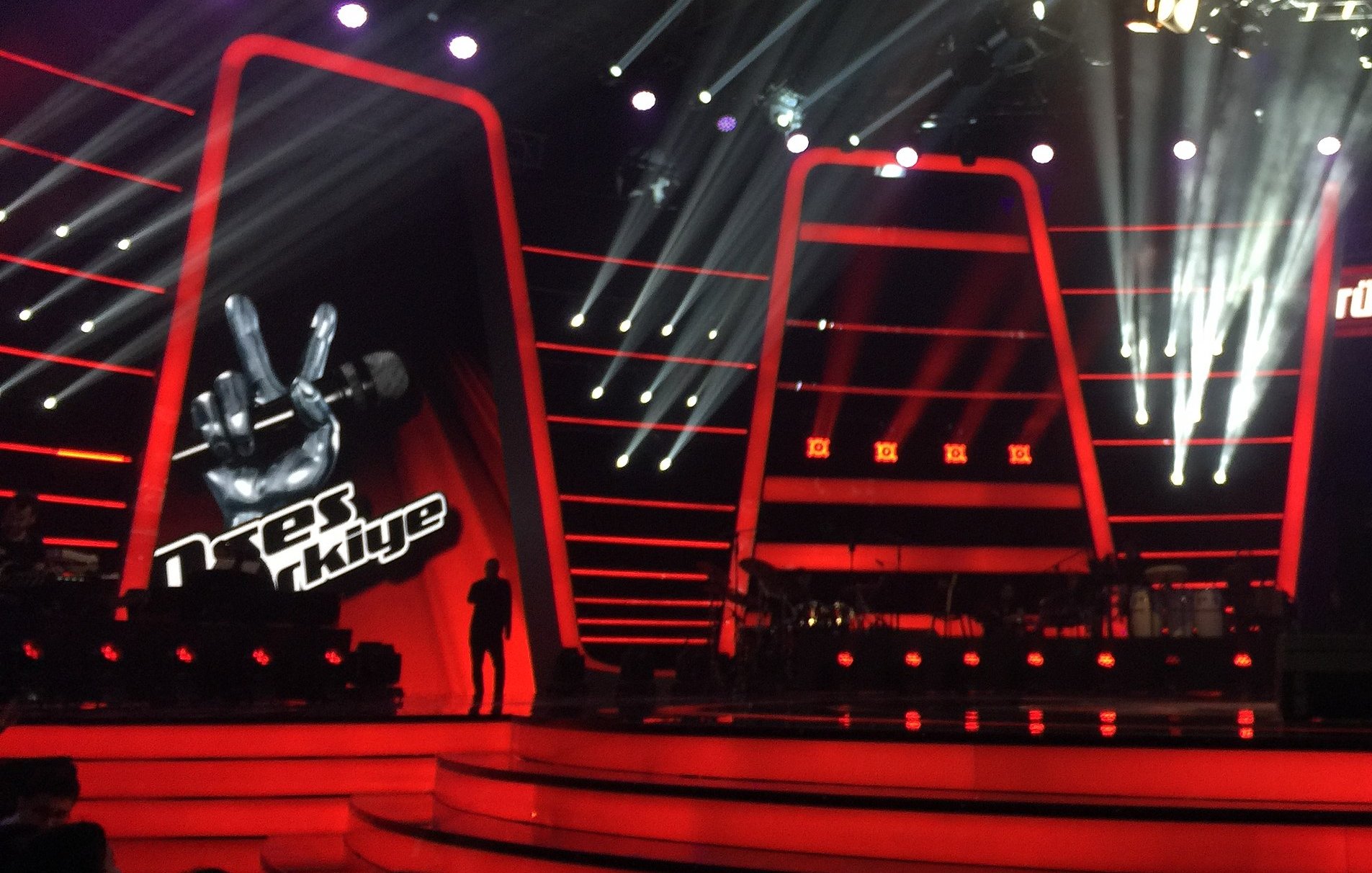 Hedda Gabler, CC BY-SA 4.0, Wikimedia Commons
Hedda Gabler, CC BY-SA 4.0, Wikimedia Commons
Controversies Galore
The Voice has had its fair share of contention. Soul singer CeeLo Green was promised he could return after a break from the show. This was recanted after he was accused of assault. Other controversies have happened as well.
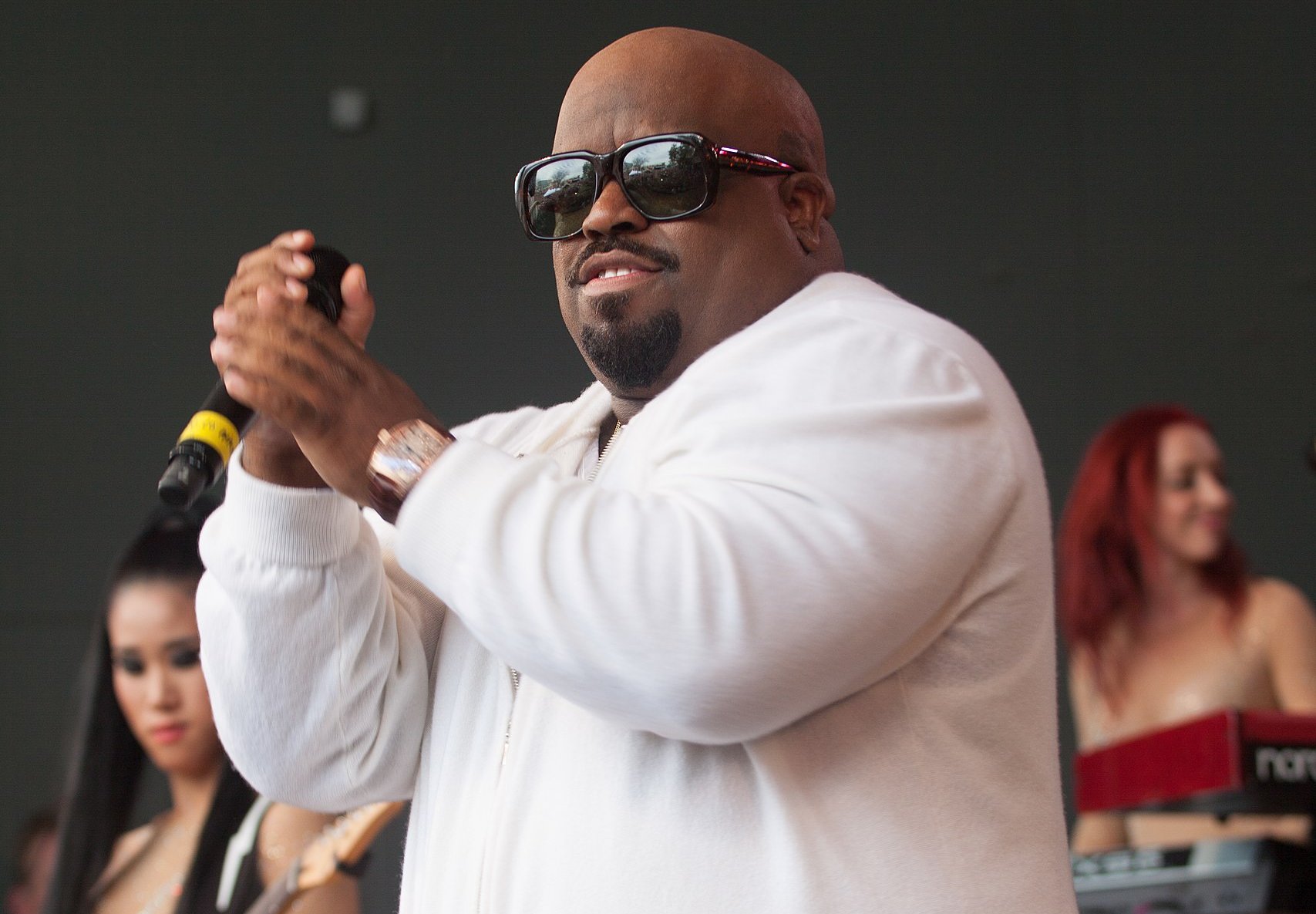 Anna Hanks, USA, CC BY 2.0, Wikimedia Commons
Anna Hanks, USA, CC BY 2.0, Wikimedia Commons
The Stefani-Shelton Romance
In a nutshell: longtime judge Blake Shelton was in the middle of a divorce. Singer Gwen Stefani showed up on the panel in 2014 and sparks flew. They were open about their new relationship—which added a touch of “soap opera” to The Voice.
The Aguilera Hullabaloo
Christina Aguilera was a popular and celebrated judge. After Season 10, she left with no explanation. Rumor has it that she was angry about Shelton’s desire to have his girlfriend remain as a judge. Adam Levine backed Shelton and Stefani.
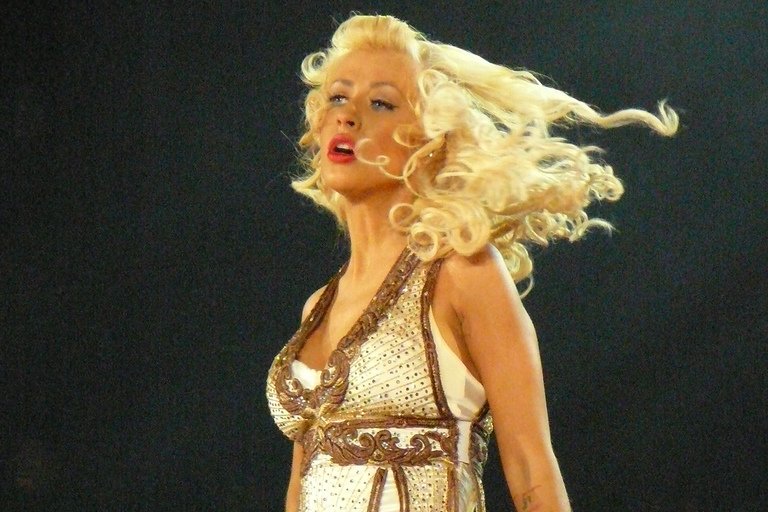 Moesi, CC BY-SA 3.0 DE, Wikimedia Commons
Moesi, CC BY-SA 3.0 DE, Wikimedia Commons
Coach Regrets
Like buyer’s regret, judges have been known to be unhappy with some of their button presses and chair turns. Adam Levine refers to it as “chair-turner’s remorse”. Even when they make mistakes, previous judge Jennifer Hudson shares that mentors will “’invest in somebody who wants to be invested in’”.
Singers Watch Each Other
Contestants are able to see their fellow competitors—but not in person. They take in the acts from another building.
Non-Winners Who Won
There are some non-victors who have reaped the benefit of exposure on The Voice. Koryn Hawthorne and Cassadee Pope became better known after their performances on The Voice. Melanie Martinez, a former loser on the show, is now a particularly well-known pop star. She was kicked off in week five of Season 3 and yet now has a net worth of about $8 million.
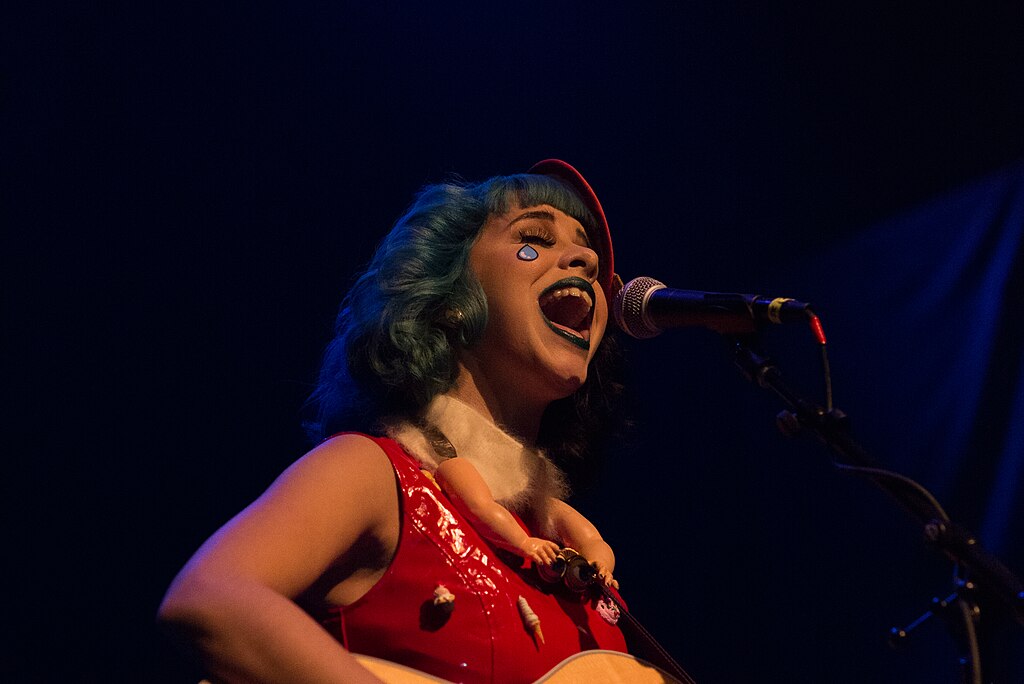 DeShaun Craddock, CC BY-SA 2.0, Wikimedia Commons
DeShaun Craddock, CC BY-SA 2.0, Wikimedia Commons
Advancement Assisted
Nicolle Galyon was eliminated in Season 2’s battle rounds. She has since had two Grammy nominations for songs she has written. She’s extremely grateful for meeting Raelynn and Miranda Lambert as she feels it “kickstarted her songwriting career”.
Pro: Meeting Famous People
Galyon met and interacted with the Lamberts. Vicci Martinez, in Season 1, was over-the-moon when she ran into Rihanna backstage.
Con: Famous People Ignore You
Some coaches are very active in music choice and performance arrangement and details. Sadly, others are not. Ddendyl Hoyt was disappointed in her Season 6 mentor, Shakira, who spent little time with her team. “’The majority of our growth was left to us on our own,’” related Hoyt, who was eliminated in the second battle round.
No Official Bye-Bye
After contestants are cut from the competition, they aren’t even given time to say farewell. Semi-finalist Kat Perkins explained that once eliminated, she had to leave the show—and hotel paid for by NBC—immediately. It felt very “’abrupt’”. There was one benefit provided that really helped, though.
On-Site Psychologists
After being discharged from the competition, contestants are offered counseling. Psychologists, provided by the show, work with the singers. It isn’t until these professionals okay the participants that they are allowed to go home.
Not Homegrown In The USA
The Voice didn’t originate in the USA. It was modeled from a popular show in the Netherlands called The Voice of Holland.
 Javier M. jmelpri, Wikimedia Commons
Javier M. jmelpri, Wikimedia Commons
The Plus Sides
Contestants develop deep friendships with fellow singers. They learn a lot from their coaches—at least from the ones who are more “hands-on”. But there are also some negatives to the show.
Contractual Put-Downs
Incredibly, The Voice’s contracts state that hosts may belittle competitors. A leaked document shows that "the show 'may be disparaging, defamatory, embarrassing and may expose them to public ridicule, humiliation or condemnation'". The contract also allows for other oddities.
Forced Psych Evaluations
The same leaked document revealed that contenders may have to take compulsory medical and psychological evaluations. The network can even make the results public.
Managing The Future
Even the future of singers is controlled. There are clauses in the contract that tether a performer to Universal Music Group, the recording label connected to the show. Singers’ futures can be linked to The Voice for years after they took part on the show.
 Tony Webster, CC BY 2.0, Wikimedia Commons
Tony Webster, CC BY 2.0, Wikimedia Commons
The Live Voice Tour Flop
It was an intriguing idea by NBC to have Season 1’s top two singers from each judge’s team perform a series of concerts. Unfortunately, the fans didn’t agree. In 2014, the New York Beacon Theater sold tickets for every seat. Other stops, however, had dismal sales. The tour was canceled.

